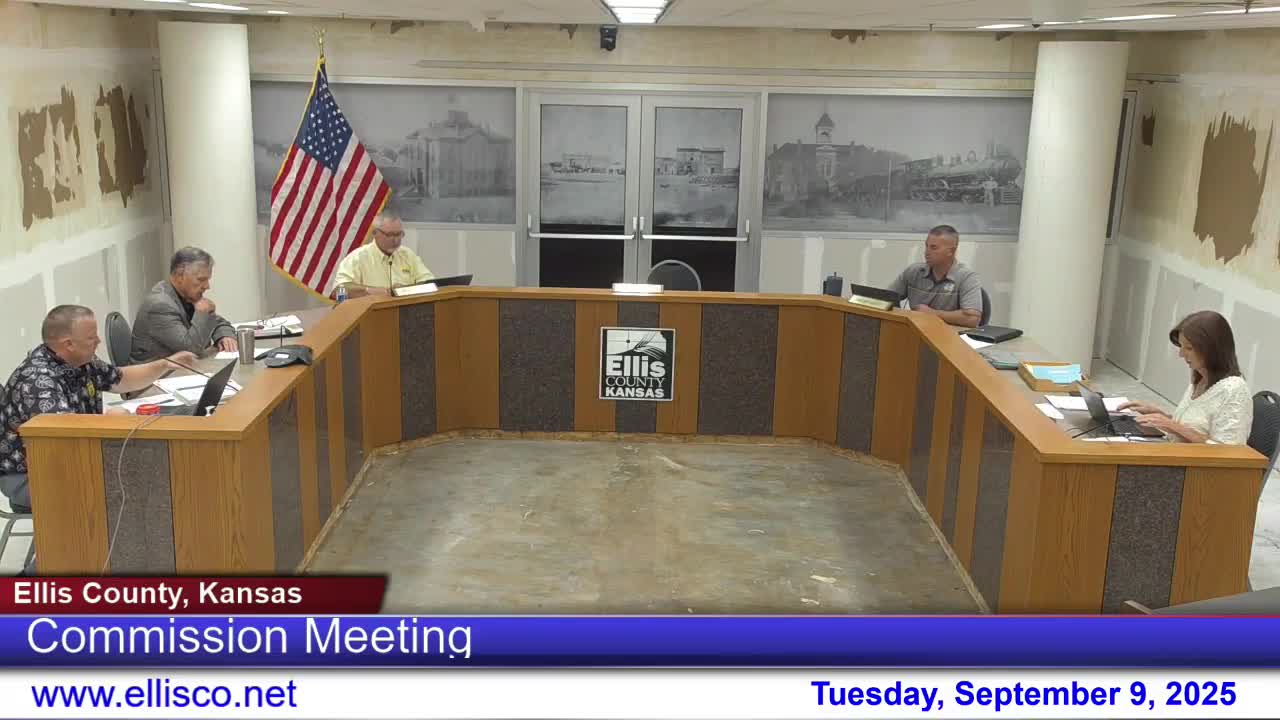Article not found
This article is no longer available. But don't worry—we've gathered other articles that discuss the same topic.
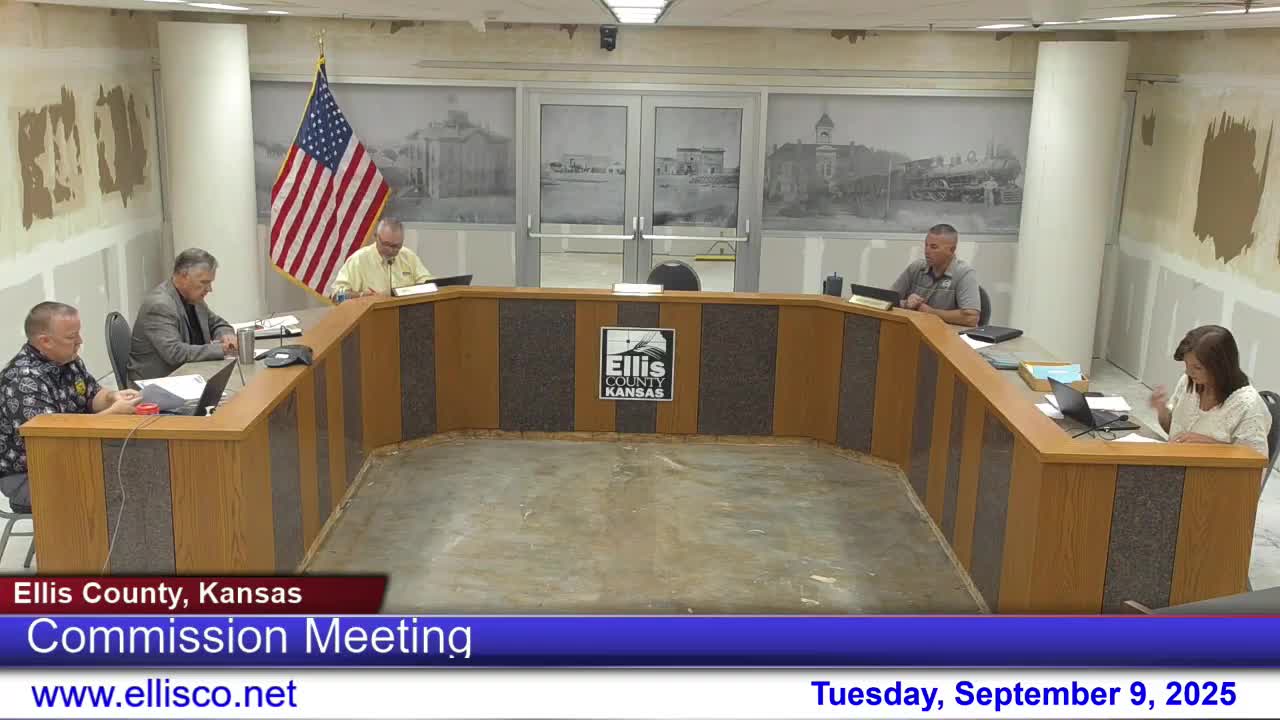
Ellis County Commission approves consent agenda items a'g
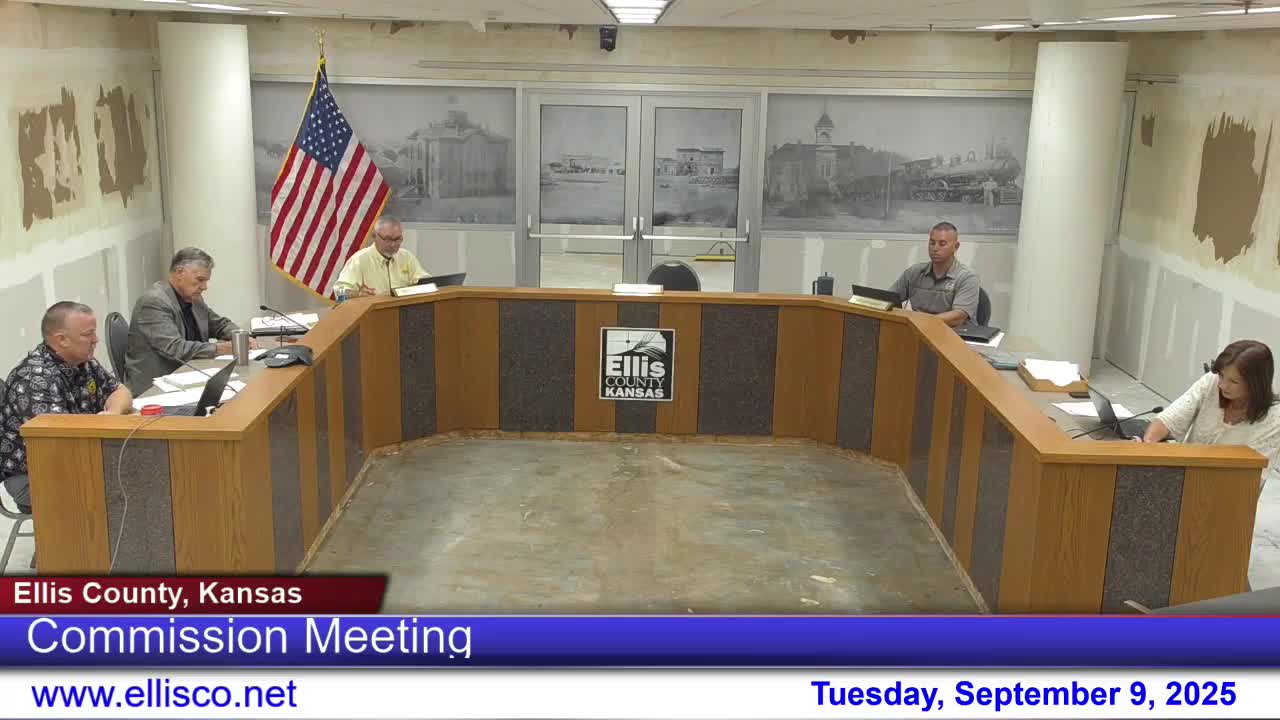
Ellis County adopts written retiree health-insurance policy required by state statute
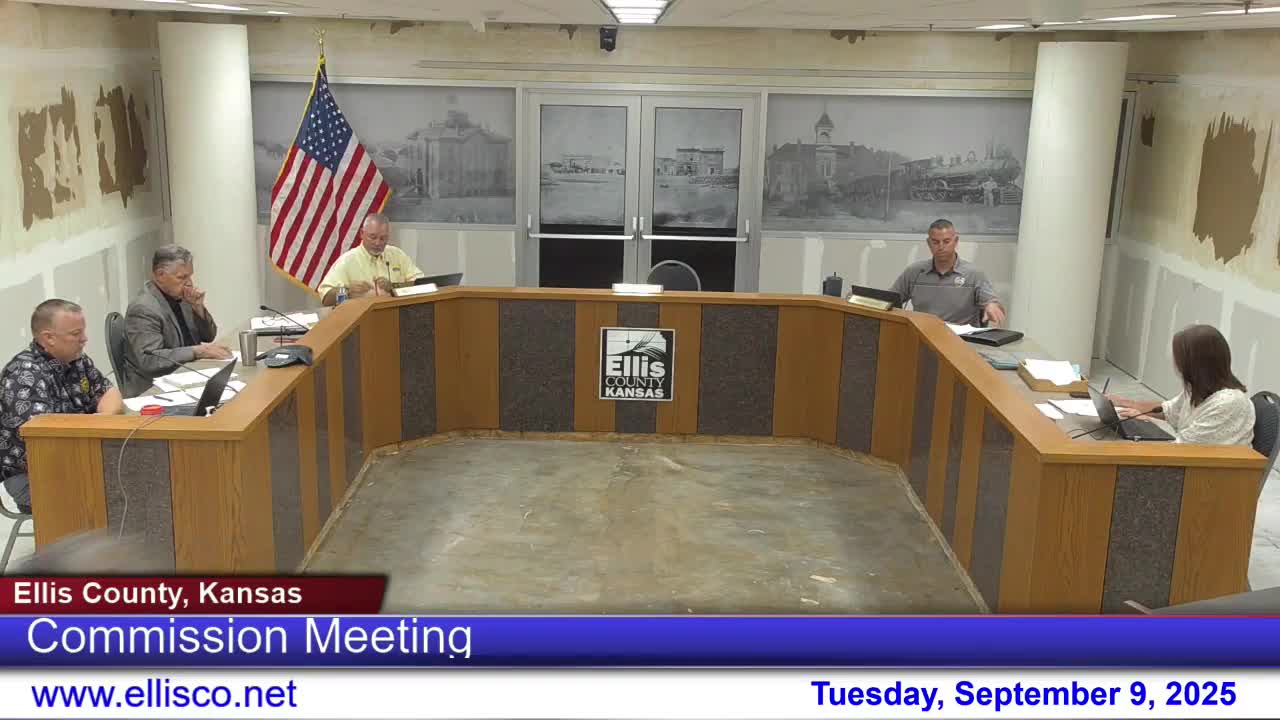
Ellis County Health Department to adopt Patagonia Health electronic records system; commission approves purchase
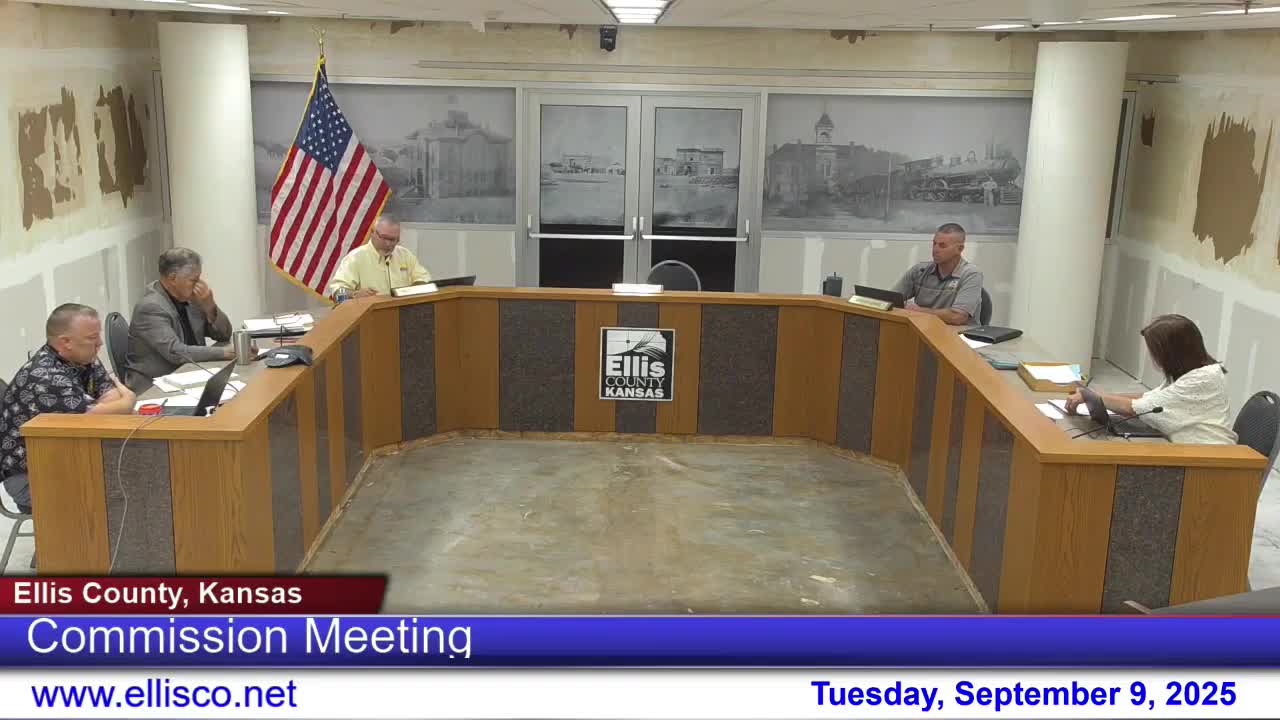
Commission approves private access road across Commerce Estates right-of-way for property owner
